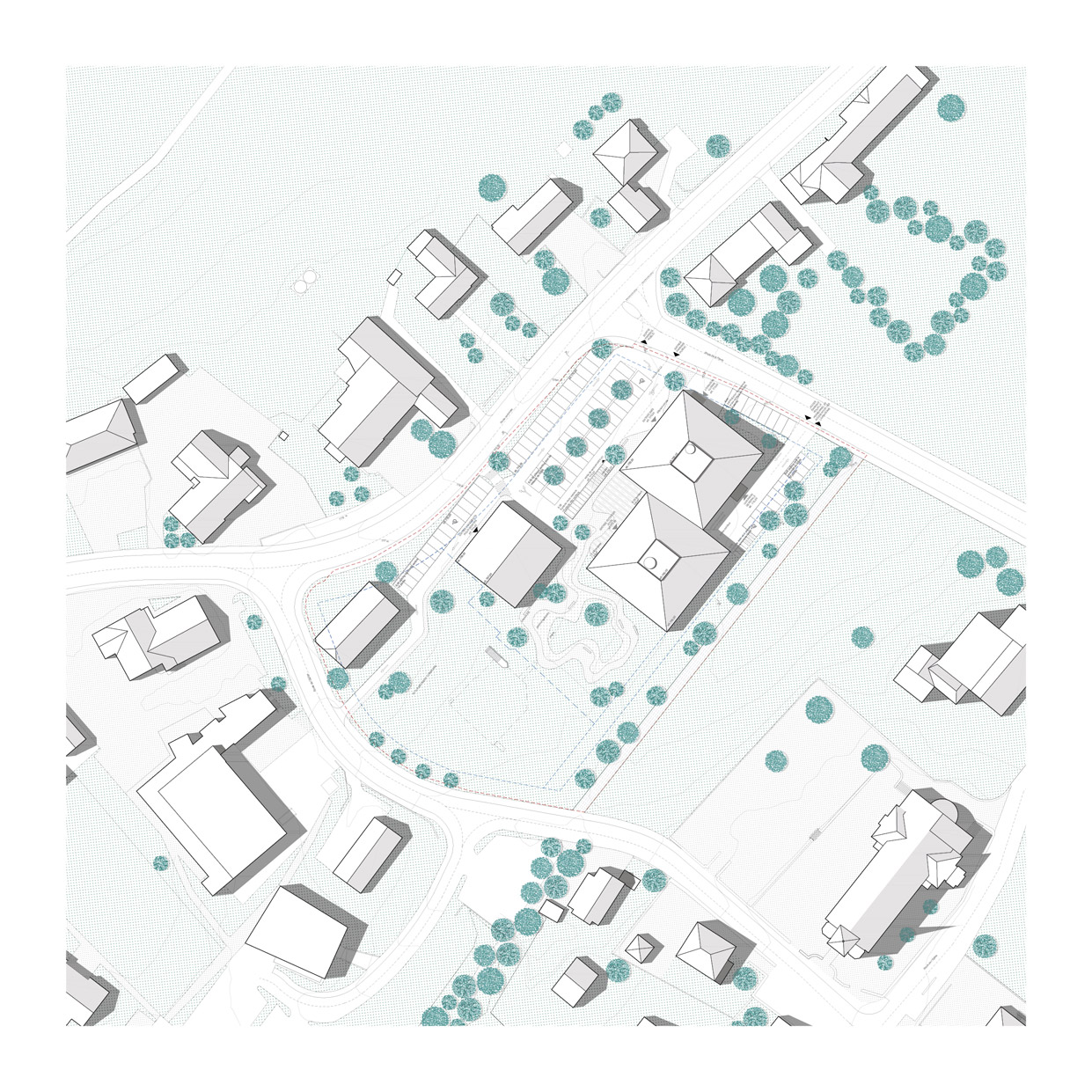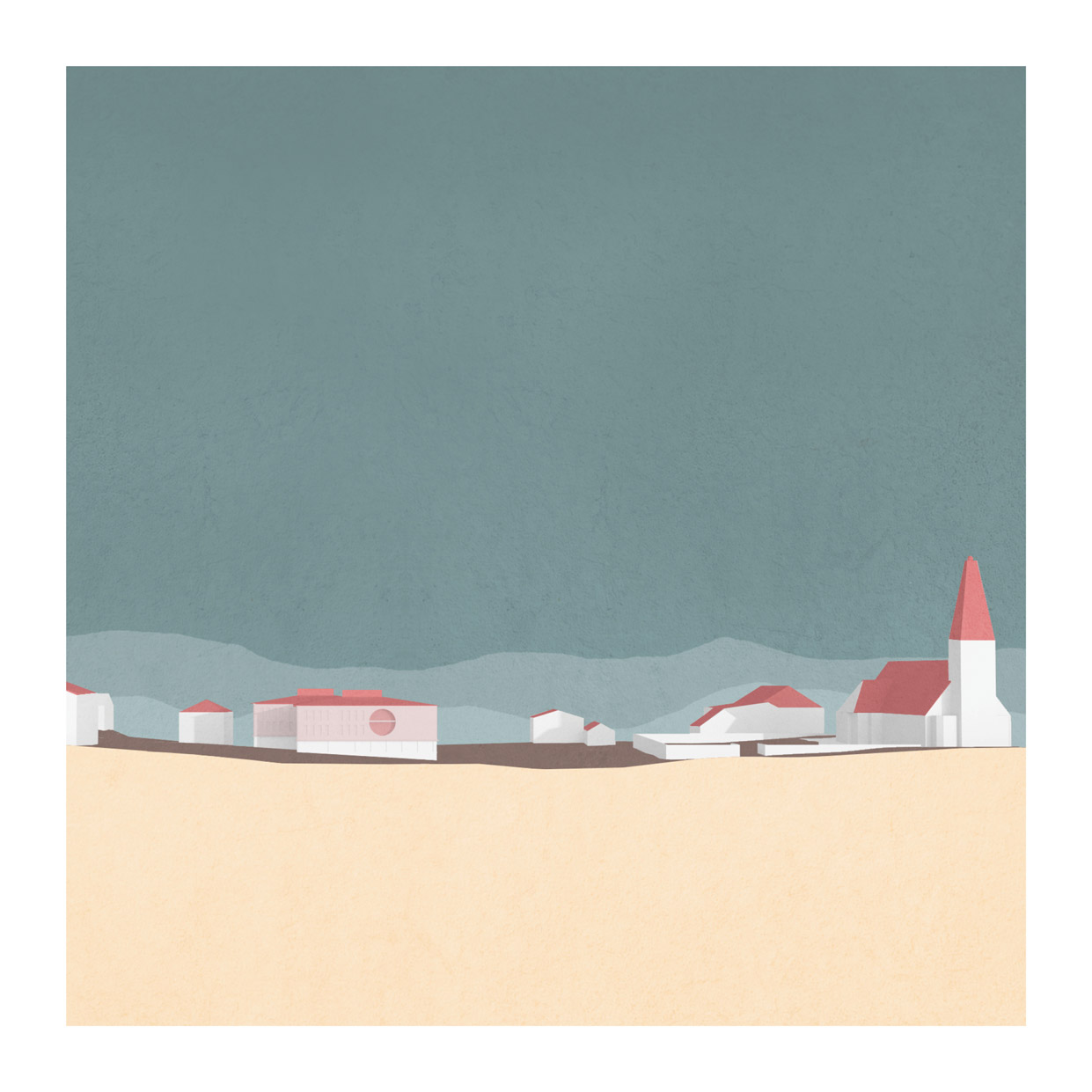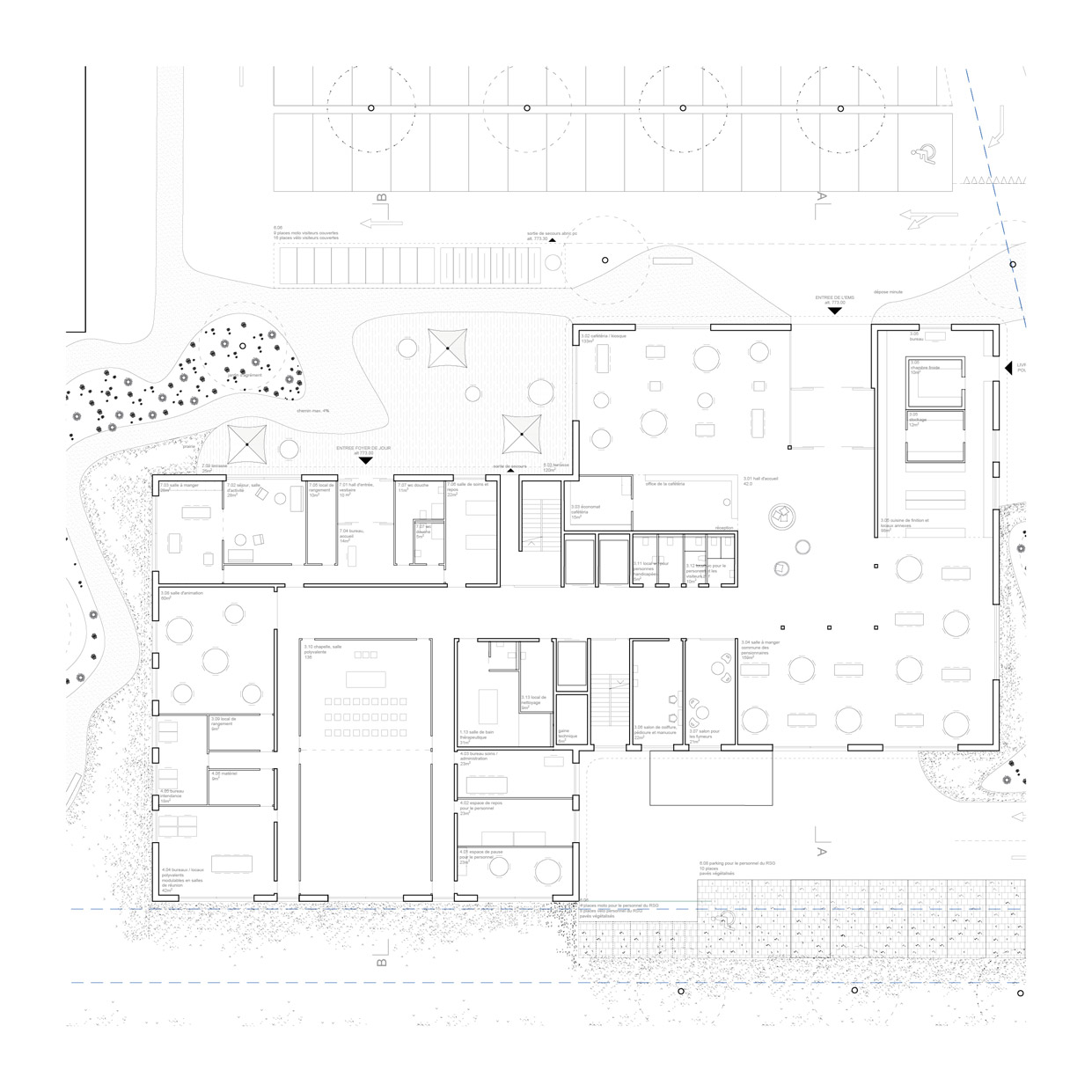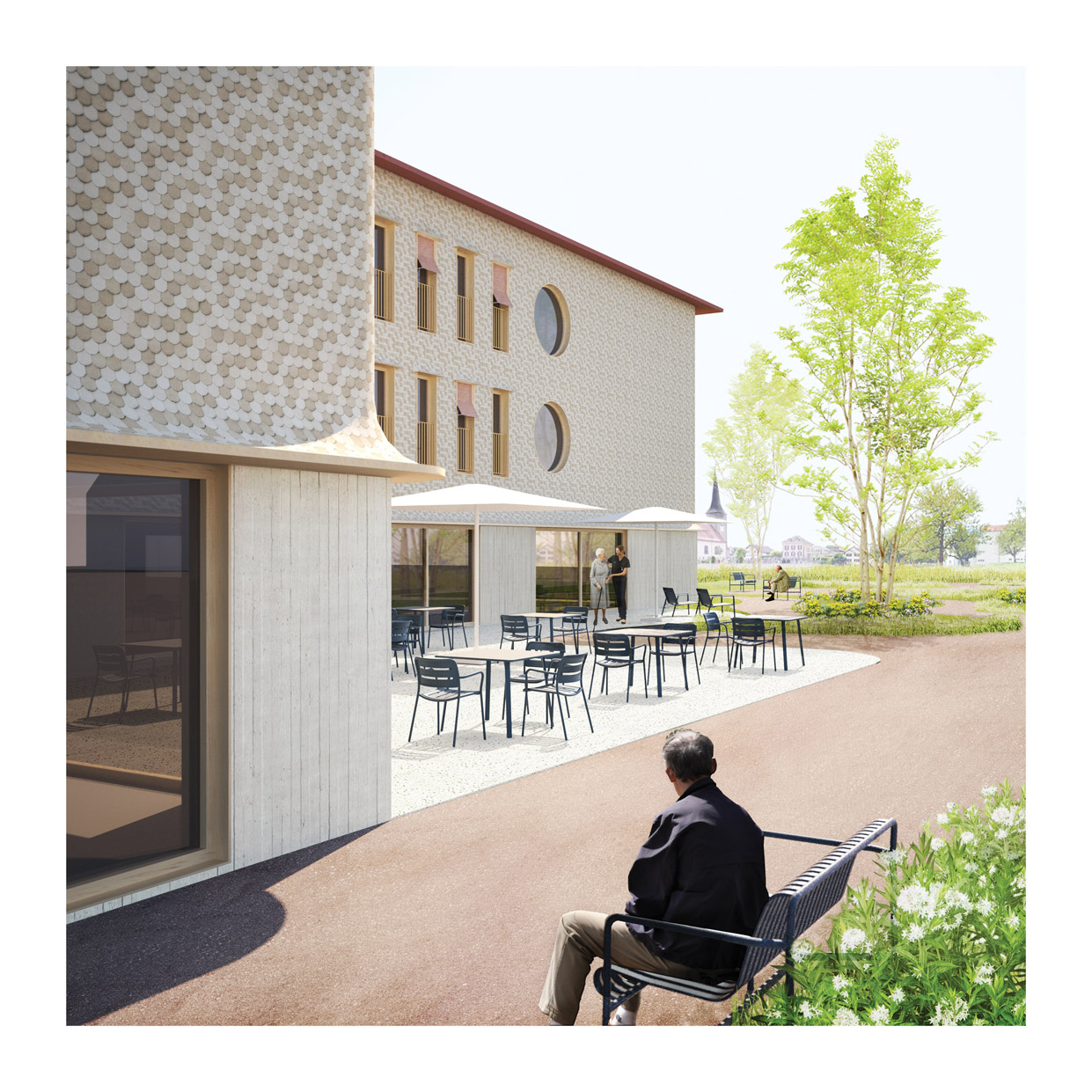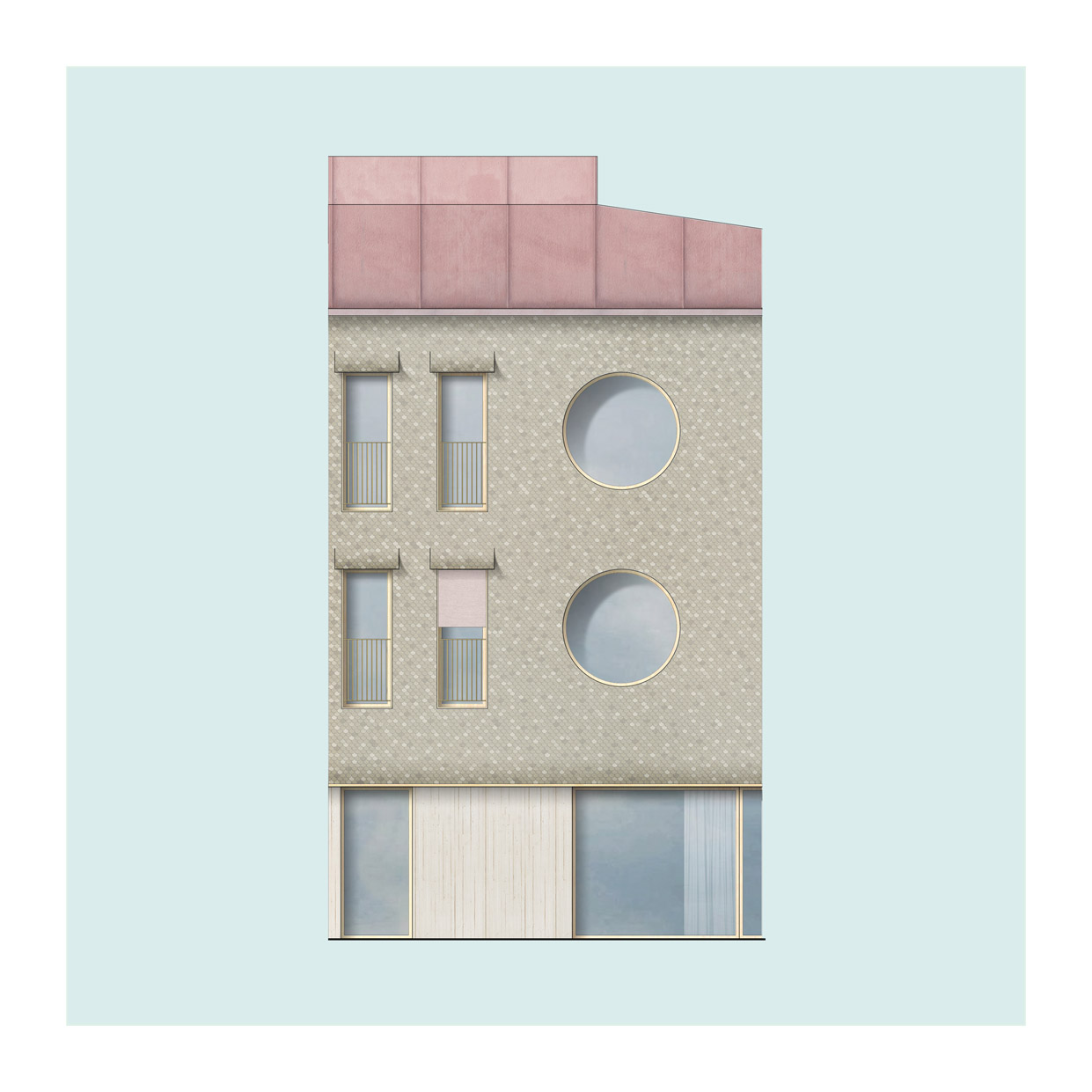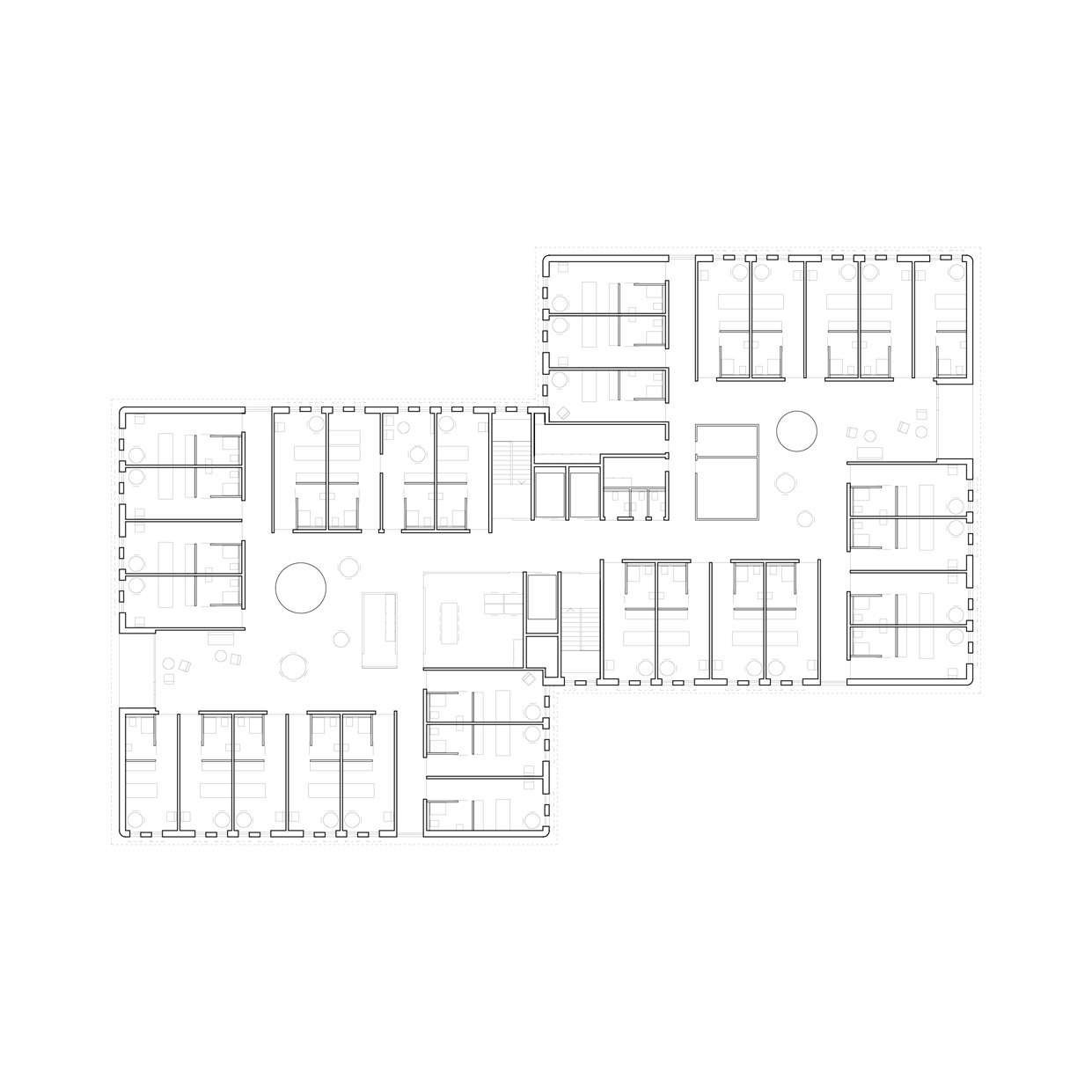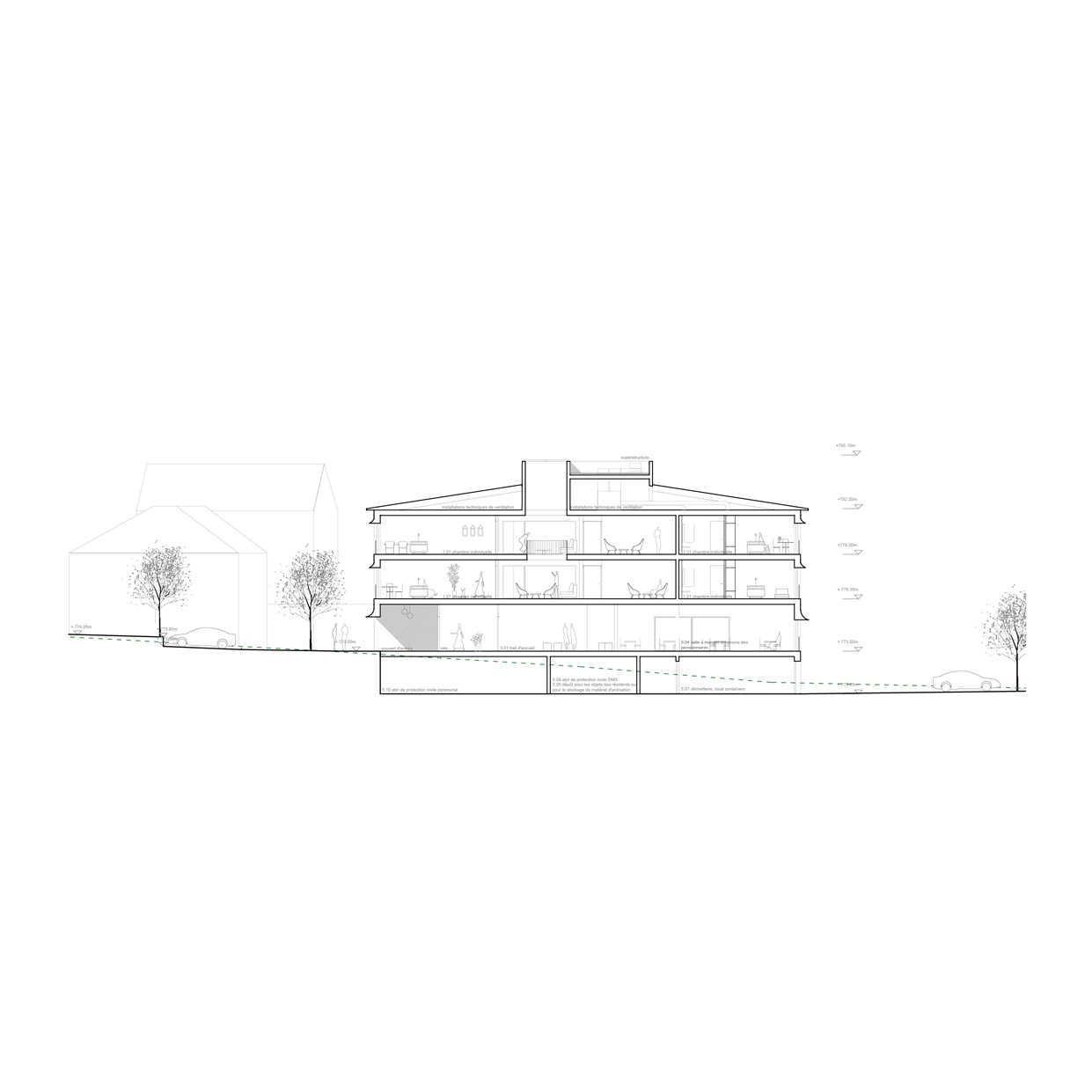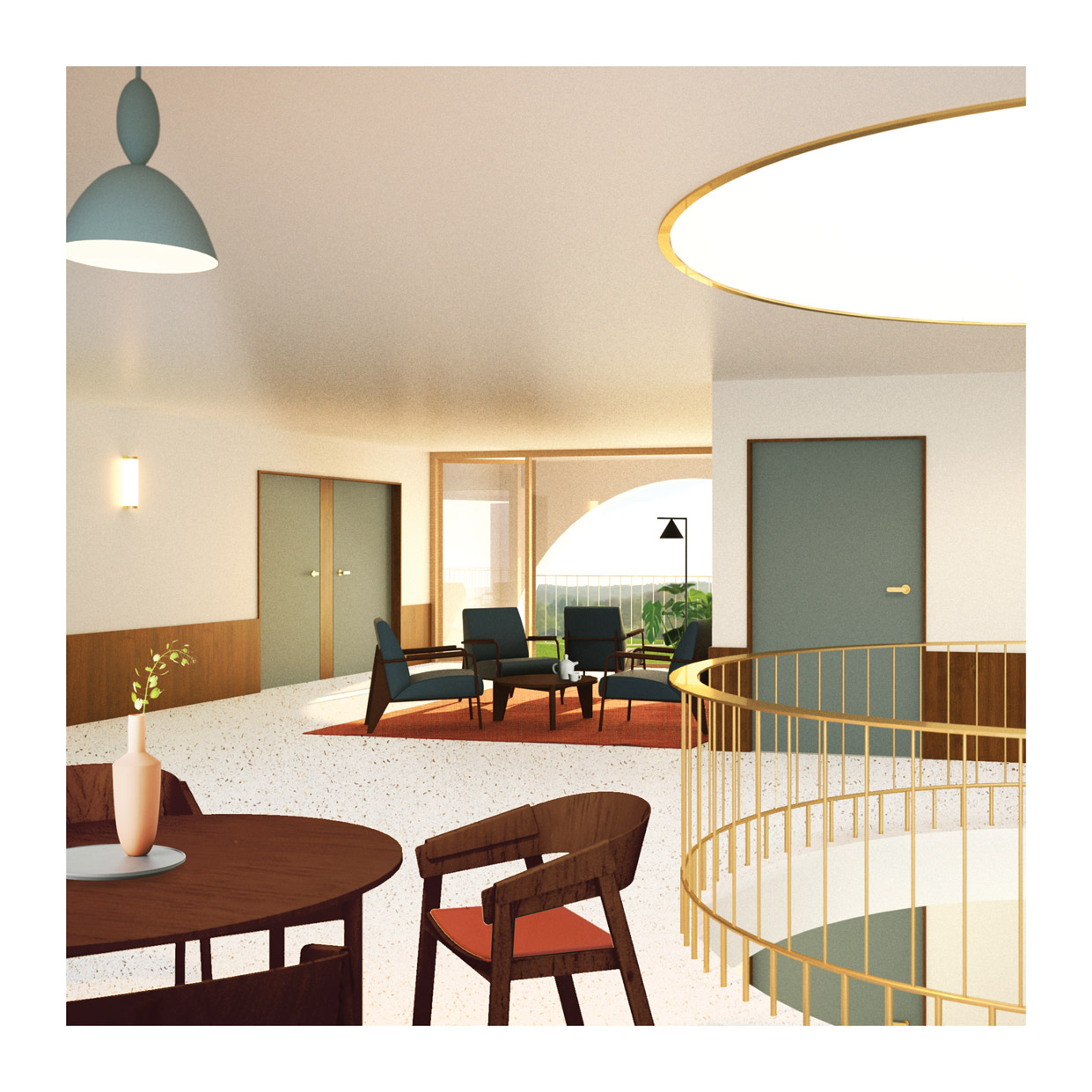18/028
COCI Studio
Architectural Practice
Lausanne & London
18/028
COCI Studio
Architectural Practice
Lausanne & London
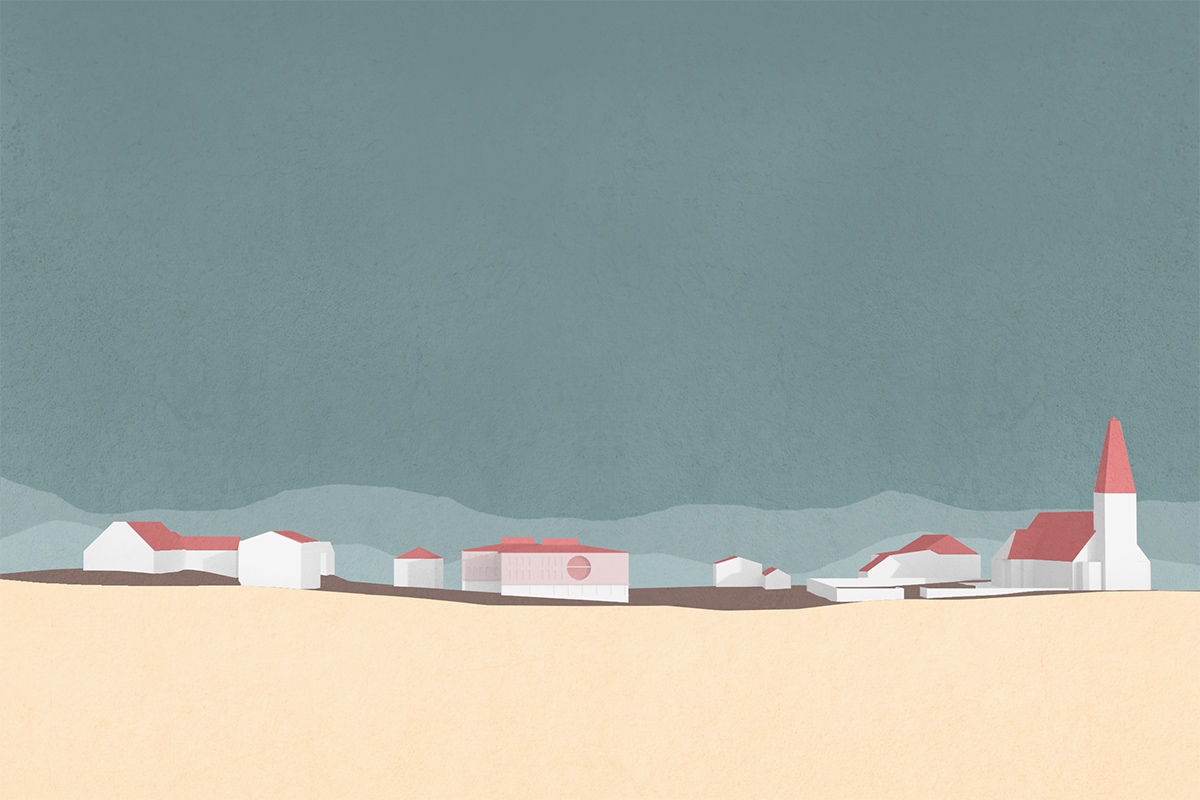
«Architecture pushes us to observe and understand the ways of living but also to speculate on the future ones..»
«Architecture pushes us to observe and understand the ways of living but also to speculate on the future ones..»
«Architecture pushes us to observe and understand the ways of living but also to speculate on the future ones..»
«Architecture pushes us to observe and understand the ways of living but also to speculate on the future ones..»
«Architecture pushes us to observe and understand the ways of living but also to speculate on the future ones..»
Please, introduce yourself…
COCI studio is an architecture practice founded in January 2018 by Carole Froidevaux and Camille Bagnoud. The studio is based in Lausanne (CH) and London (UK).
Please, introduce yourself…
COCI studio is an architecture practice founded in January 2018 by Carole Froidevaux and Camille Bagnoud. The studio is based in Lausanne (CH) and London (UK).
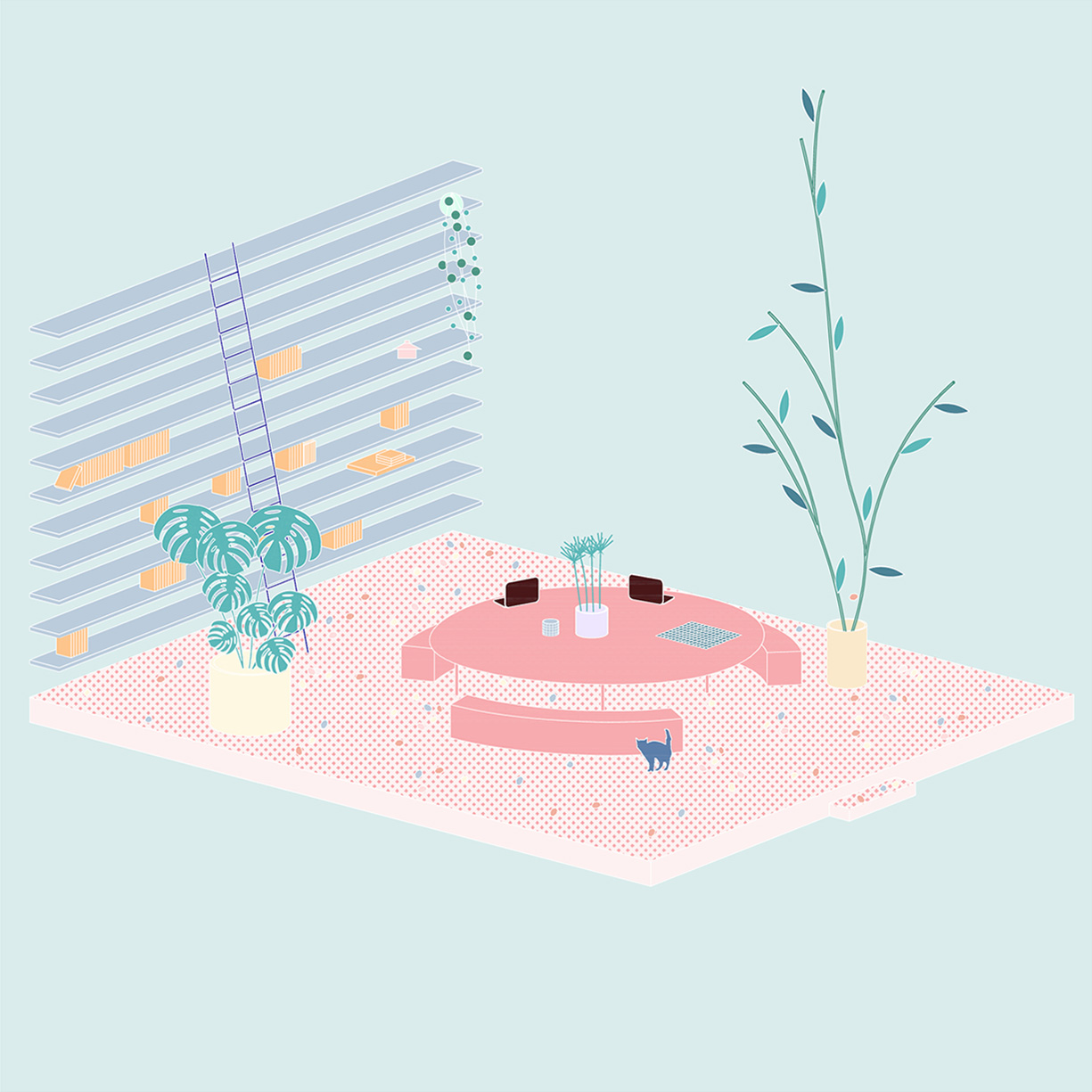
coci workspace
We met at the EPFL in Lausanne during our bachelor, while collaborating on a small project. As we enjoyed working with each other, we ended up doing our master thesis together and graduated in 2013. We were hired by the same practice in Lausanne. After two years, Carole moved to London.
At the end of 2017, we have been asked to design a house extension, this is when we decided to leave our current job and found COCI.

As we are geographically separated, we don’t share an office space. We work pretty much from anywhere, our flat, workspace, train, shop, airport. From a screen share to a screenshot we are always communicating and it sometimes end up in a very long phone call. We always set our meeting in swiss time and we have two nice retired interns (Carole’s parents) helping us from time to time.
What comes to your mind when you think about your diploma / thesis project?
Thesis at the EPFL lasts one year. The subject is free as well as the choice of professors, tutors and experts. We were surrounded with very interesting and stimulating people, Professor J. Huang, Jeannette Kuo (Karamuk * Kuo) and Soohyun Chang (Atelier Chang).
We were interested in the potential of urban densification as a vector of social diversity, architectural variety and diverse activities. Our experimentation field was the city of Lausanne within the context of Switzerland where the suburban is an important topic. The project proposed an alternative to this condition by transposing the single house typology in the urban centre.
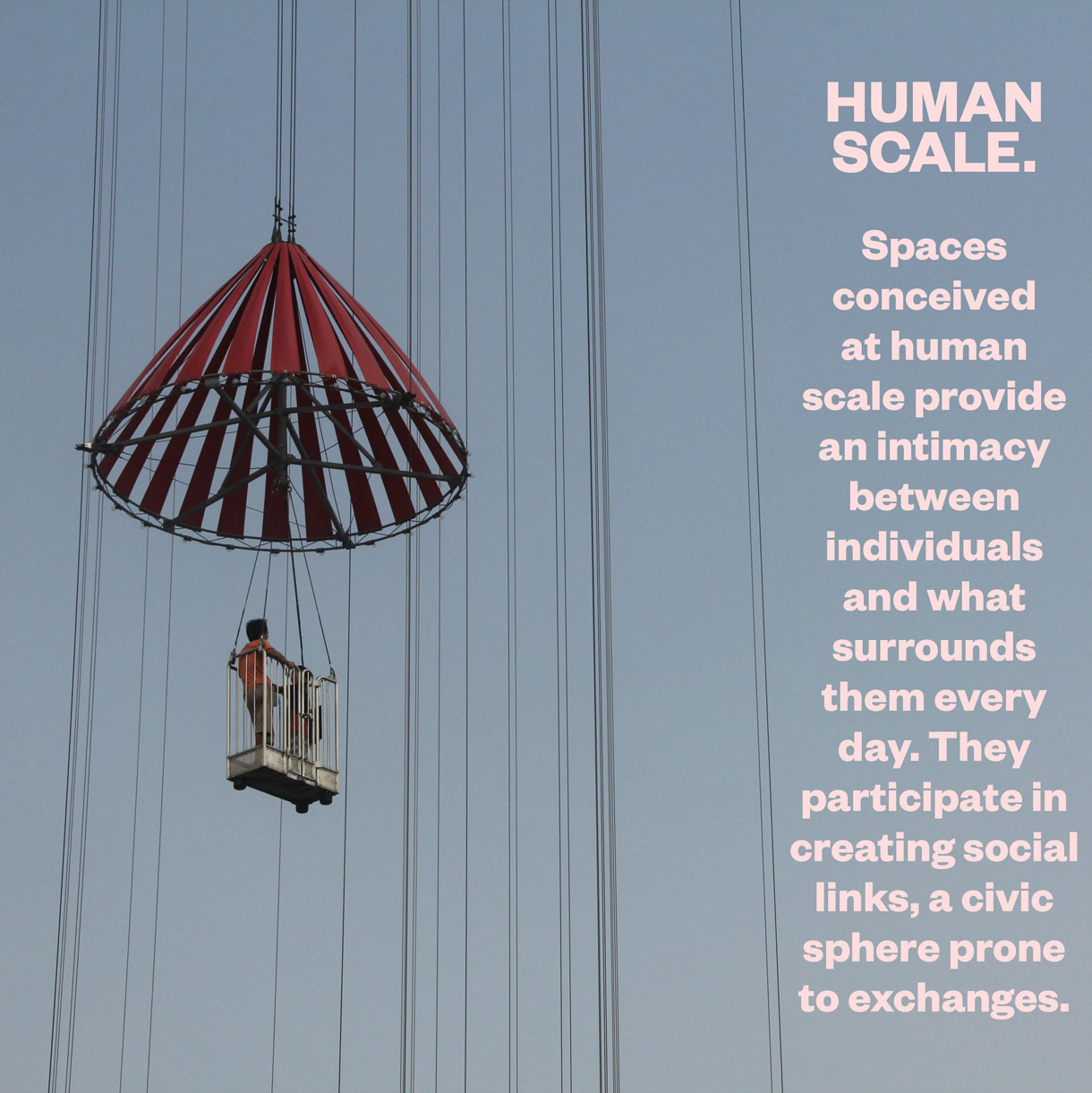
These typologies are nestled within the old fabric of Lausanne. Where the city is dense but still with unused left over spaces, urban voids. The very compact houses speculates on an alternative way of living while offering to the city different collective programmes adapted to each context.
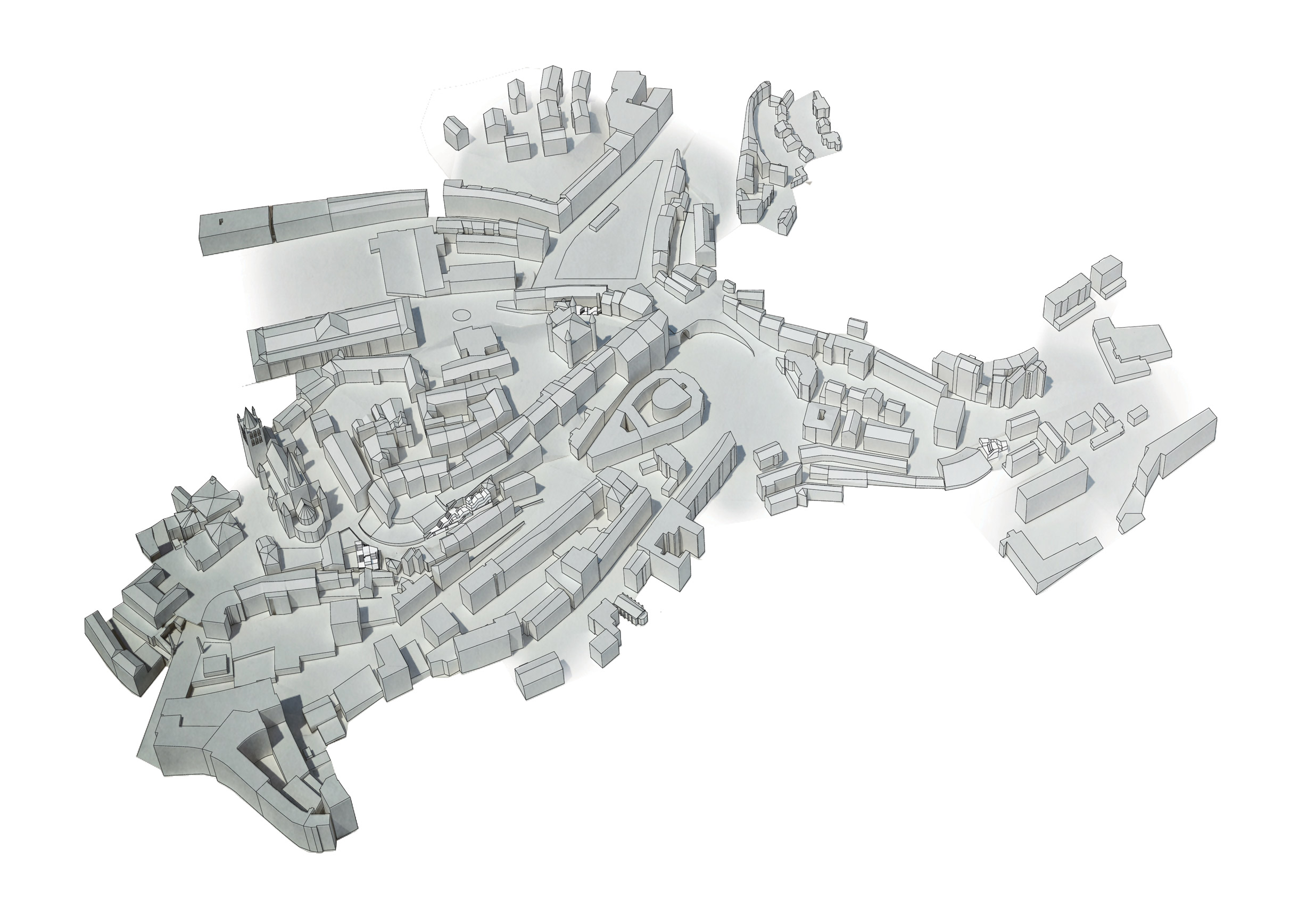
The old urban fabric of Lausanne
All in all we understood the thesis as an opportunity to test several ideas. We are still interested in this subject and we would like to develop it more now that we have learned few things on the way.
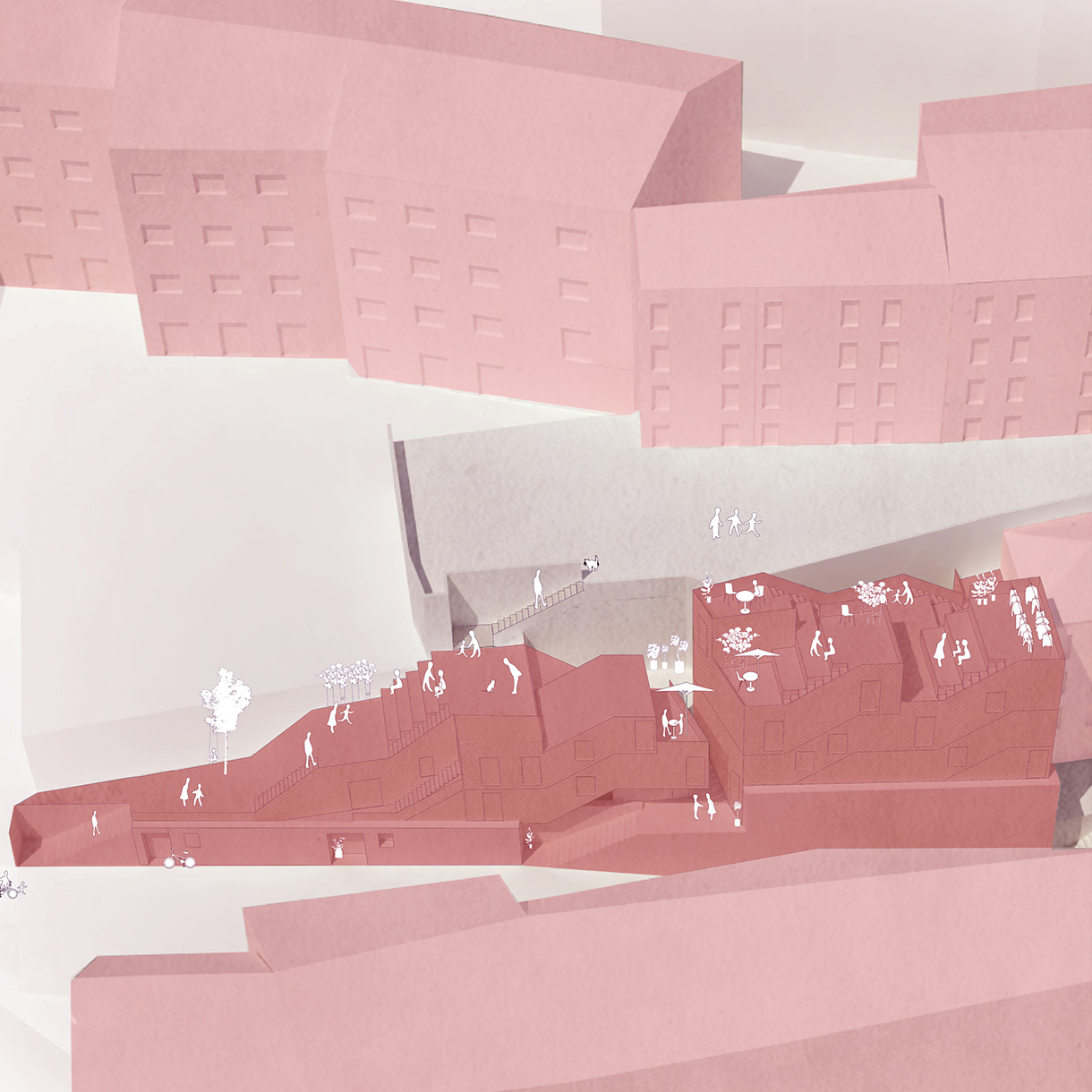
Rehabilitation of a passage and 7 housing units
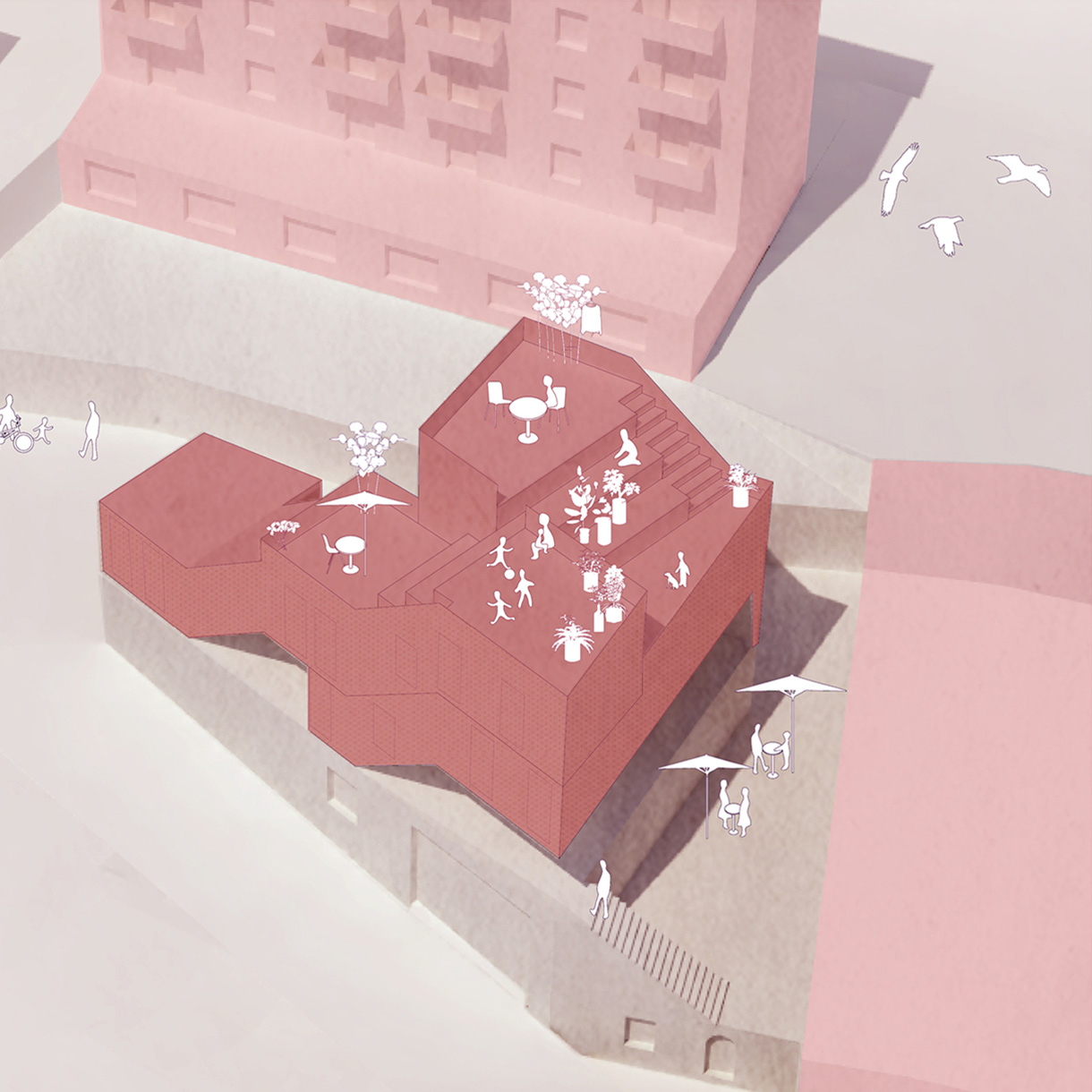
A bar and 2 housing units
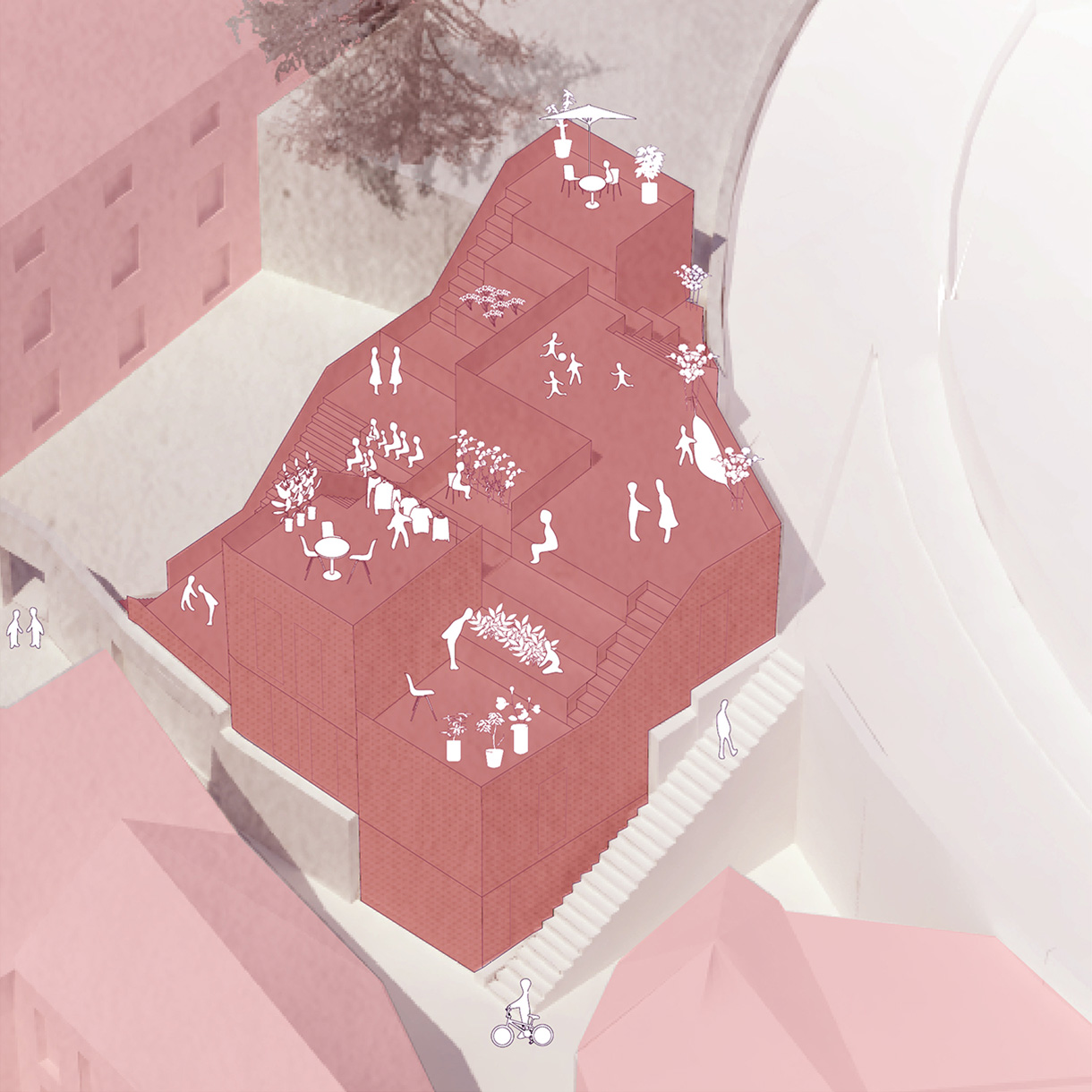
Openair theatre
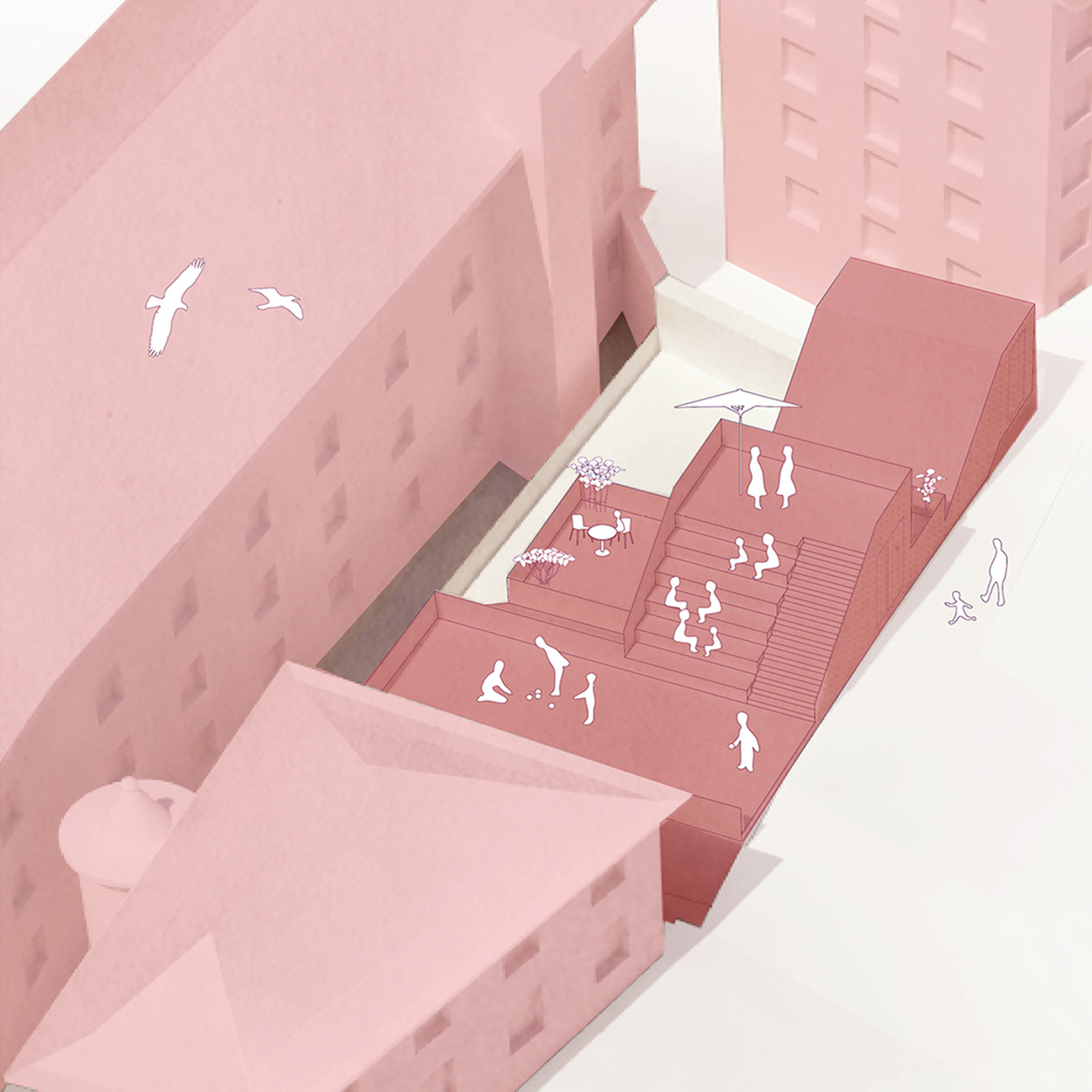
Petanque field and 2 housing units
What are your experiences founding COCI studio and working as self-employed architects?
Pivoting from being employee to launching our own studio has been quite a challenge. Running your practice is an adventure and you have to be determined and a little stubborn as well. You do things that you’ve never done before, from writing your first quote to buying your first laser measurer. But we try not to stress to much about it though. Our goal is to let space for creativity and exchange like in our student years. We knew that it won’t be easy everyday but this adventure is really worth it so far. Our motivation is still intact and today we are able to do the architecture that corresponds to us.
How would you characterize London and Lausanne as locations for architects who want to start their own practice? How is the context of this places influencing your work?
The construction economy is doing well in Lausanne and more generally in Switzerland. Usually, for public project, swiss regulations require competitions. As a young practice you get the chance to take part in it. You are competing against a lot of offices and often very good ones but if you win one of these you have enough resource to start your office. This is why we would ideally do 2 or 3 of these competitions per year.
On the other hand, in London, you have a good opportunity for networking. There is a lot of people with interesting ideas and projects, ready to give you your chance, but you need to find them! The projects that we could expect to get today are mainly interior refurbishment and/or building extension.
From an architecture perspective it’s a complementary mix and we like working in both countries, the context, style, speed are different. It challenges the way we conceive our projects.
What is the essence of architecture for you personally?
Most commonly, architecture is the answer to a given brief.
But we think it’s also important to create the brief by questioning what is happening around us and to anticipate the needs and changes of tomorrow.
Architecture pushes us to observe and understand the ways of living but also to speculate on the future ones.
How do you choose to present architecture?
For us, there is no sacred rule in the field of architecture representation. We will adapt the drawing according to the project and the recipient. COCI is an opportunity to test shapes, colours, textures. We like the idea of not being stuck with one way of presenting architecture and give space for evolution.
